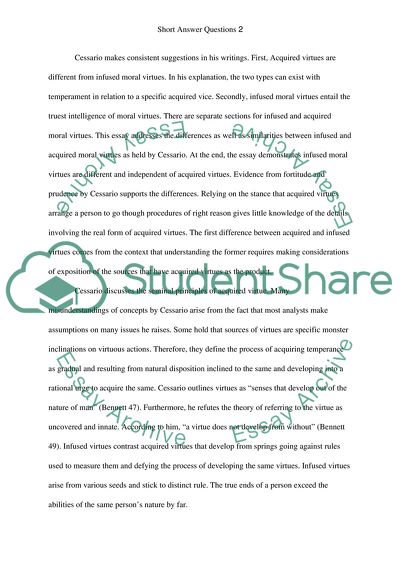Cite this document
(The Moral Virtues and the Ten Commandments Essay Example | Topics and Well Written Essays - 1750 words, n.d.)
The Moral Virtues and the Ten Commandments Essay Example | Topics and Well Written Essays - 1750 words. https://studentshare.org/religion-and-theology/1811724-the-moral-virtues-and-the-ten-commandments
The Moral Virtues and the Ten Commandments Essay Example | Topics and Well Written Essays - 1750 words. https://studentshare.org/religion-and-theology/1811724-the-moral-virtues-and-the-ten-commandments
(The Moral Virtues and the Ten Commandments Essay Example | Topics and Well Written Essays - 1750 Words)
The Moral Virtues and the Ten Commandments Essay Example | Topics and Well Written Essays - 1750 Words. https://studentshare.org/religion-and-theology/1811724-the-moral-virtues-and-the-ten-commandments.
The Moral Virtues and the Ten Commandments Essay Example | Topics and Well Written Essays - 1750 Words. https://studentshare.org/religion-and-theology/1811724-the-moral-virtues-and-the-ten-commandments.
“The Moral Virtues and the Ten Commandments Essay Example | Topics and Well Written Essays - 1750 Words”. https://studentshare.org/religion-and-theology/1811724-the-moral-virtues-and-the-ten-commandments.


